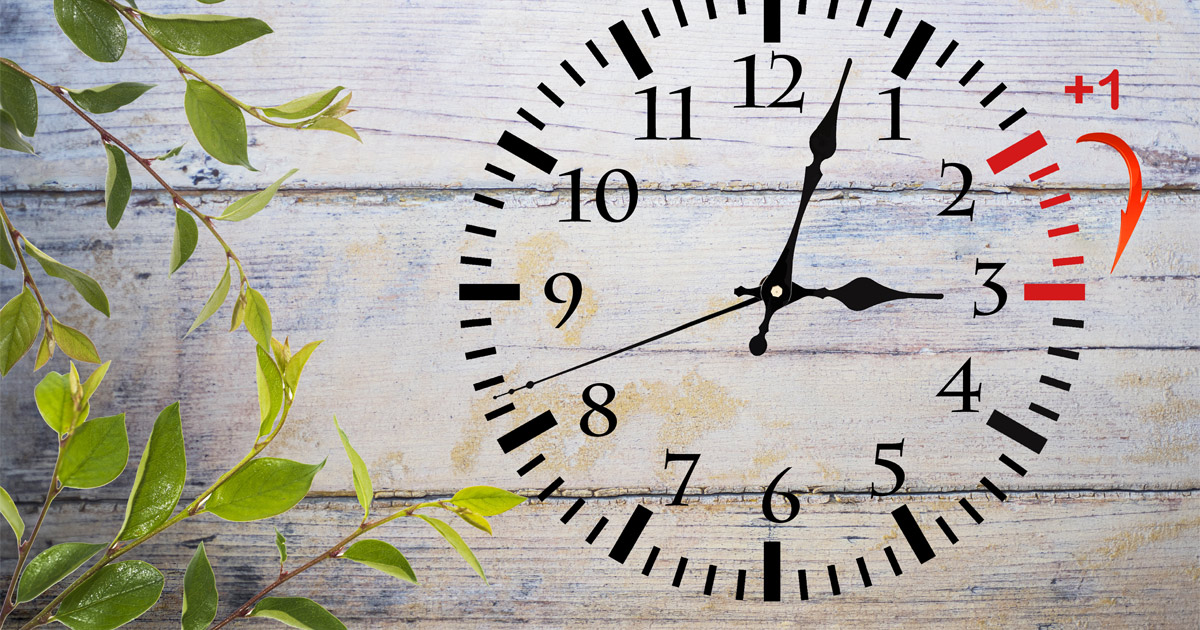Daylight Saving Time Increases the Risk of Drowsy Driving Accidents
March 9, 2020
They say March comes in like a lion and goes out like a lamb. Although this may not always be true, it means that, by the end of March, the signs of spring are evident. Also, the days are longer thanks to daylight saving time, which occurs this year at 2:00 a.m. on March 8. The downside is that we lose an hour of sleep. While one hour of lost sleep may not seem significant, researchers have found there is a spike in fatal car accidents immediately following the time change, due to sleep deprivation.
Researchers from Johns Hopkins University and Stanford University investigated the impact the time change had on the millions of drivers across the country. They analyzed fatal car accident data from the U.S. National Highway Transportation Safety Administration (NHTSA) and found that there was a slight increase in car accident fatalities on the Monday after the time change in the spring. On a typical Monday, there was an average of 78.2 fatal accidents. On the Monday after the time change, there was an average of 83.5 fatalities.
A neurologist from Johns Hopkins was surprised that one less hour of sleep made such a difference. However, the findings suggest that Americans who are already sleep-deprived are more affected than others by an additional hour of lost sleep. Essentially, the hour lost from the daylight saving time change can create a body-wide stress, which can increase the risk of serious, even fatal, car accidents. In addition, it can increase the incidents of heart attacks, serious workplace injuries, and suicides in the days following the time change.
Tips to Stay Alert After the Time Change
Once your circadian rhythm has been disrupted, it can take time to recover. In anticipation of daylight saving time, make sure that you are well-rested and go to bed an hour earlier the night of the time change, if possible. To help make this easier, consider shifting your entire schedule an hour earlier that day. Dim the lights in your home and avoid looking at your phone or computer, as the blue light from the screen can have a negative impact on sleep. According to a 2016 study published in American Economic Journal: Applied Economics, the number of fatal accidents caused by daylight saving time is quite small; only around 30 deaths per year compared to the 30,000 total annual traffic deaths in the U.S. However, it is important to understand the impact that sleep deprivation has on our bodies and to take steps to stay well-rested, particularly as we approach the time change.
Baltimore Car Accident Lawyers at LeViness, Tolzman & Hamilton Represent Victims of Drowsy Driving Accidents
If you were seriously injured in a car accident following daylight saving time, contact the Baltimore car accident lawyers at LeViness, Tolzman & Hamilton as soon as possible. We will determine whether the other driver involved was drowsy at the time of the accident and hold the responsible party liable for your injuries. Our dedicated legal team will secure the maximum financial compensation you deserve for your injuries. To schedule a free consultation, call us today at 800-547-4LAW (4529) or contact us online.
Our offices are located in Baltimore, Columbia, Glen Burnie, and Prince George’s County, allowing us to represent victims in Maryland, including those in Anne Arundel County, Baltimore County, Carroll County, Harford County, Howard County, Montgomery County, Maryland’s Western Counties, Prince George’s County, Queen Anne’s County, Southern Maryland, and the Eastern Shore, as well as the communities of Catonsville, Essex, Halethorpe, Middle River, Rosedale, Gwynn Oak, Brooklandville, Dundalk, Pikesville, Nottingham, Windsor Mill, Lutherville, Timonium, Sparrows Point, Ridgewood, and Elkridge.

